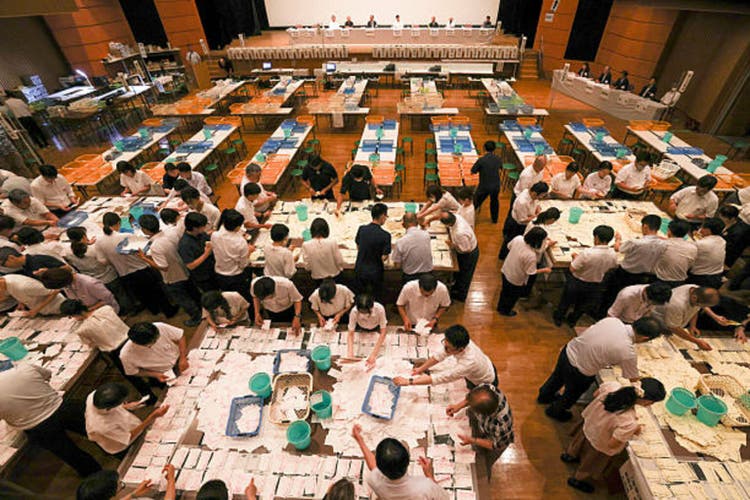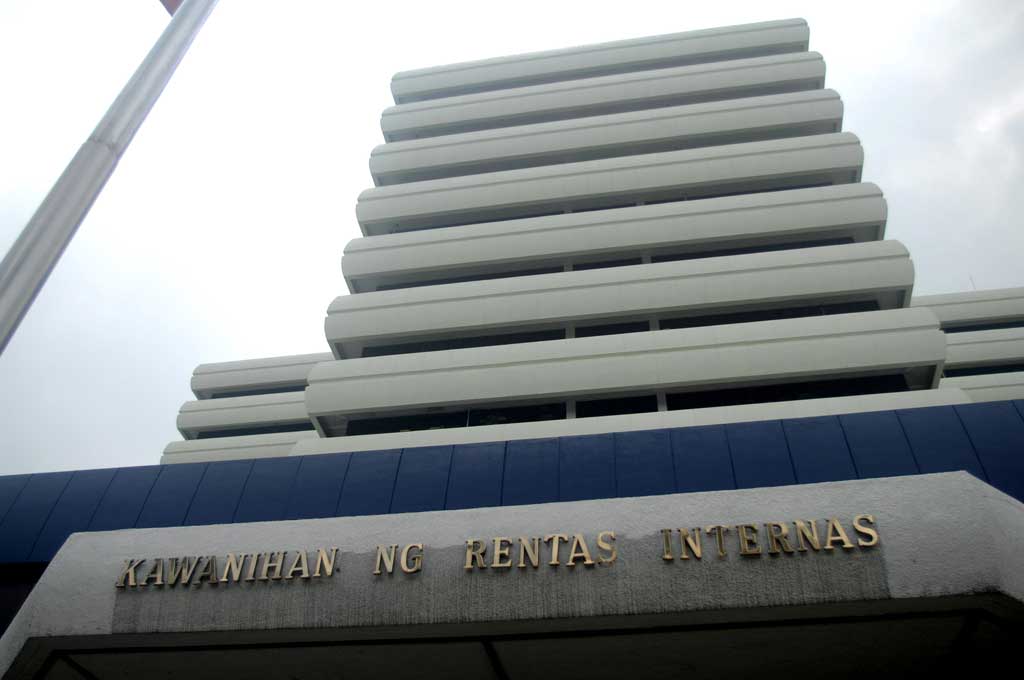In the high-profile money laundering case involving former ICICI Bank CEO Chanda Kochhar, the Appellate Tribunal under the Prevention of Money Laundering Act (PMLA) has upheld the Enforcement Directorate’s (ED) appeal challenging an earlier order that had refused to confirm the provisional attachment of Kochhar’s assets.
The Tribunal dismissed technical objections raised by Kochhar and other respondents regarding the maintainability of the ED’s appeal, which was filed through a deputy director.
The respondents argued that only the Director of the ED was authorised to file such appeals under Section 26 of the Act.
However, the Tribunal, chaired by Justice Munishwar Nath Bhandari, held that the appeal was lawfully filed with the Director’s authorisation and reaffirmed that the term “person aggrieved” should be interpreted inclusively.
The Tribunal also observed that there is a prima facie case of money laundering against Chanda Kochhar.
In its detailed judgement, the Tribunal made several scathing remarks about Kochhar’s conduct, the conflict of interest in her role as CEO of ICICI Bank, and the manner in which loans were sanctioned to the Videocon Group—later classified as non-performing assets.
At the heart of the case is a Rs 1,730 crore loan sanctioned between 2009 and 2011 to the Videocon Group, allegedly in violation of internal credit policies.
The ED contends that Kochhar abused her official position to facilitate these loans.
Investigations allege that in return, her family benefited financially, including a Rs 64 crore transfer routed through shell companies to NuPower Renewables, a firm controlled by her husband, Deepak Kochhar.
The Tribunal pointed to a “design” behind the transaction trail, including the eventual transfer of a prime residential flat in Mumbai’s Churchgate area to a family trust linked to Kochhar for just Rs 11 lakh, despite earlier valuations in crores.
The ED has claimed that this flat, along with wind farm assets and Rs 10.5 lakh in cash, were acquired using proceeds of crime and should be subject to attachment.
While the Adjudicating Authority had earlier refused to confirm the attachment citing insufficient evidence, the Tribunal found that the ED had grounds to proceed. It also faulted the Adjudicating Authority for going beyond its jurisdiction and making conclusions more appropriate for a trial court.
The case now moves forward on its merits, with the Tribunal set to consider the full body of evidence, including statements recorded under Section 50 of the PMLA, which are admissible in court.
The ED has maintained that its investigation was supported by documentary evidence, including corporate records and financial transactions that show a clear quid pro quo.

 4 hours ago
1
4 hours ago
1






















 English (US) ·
English (US) ·